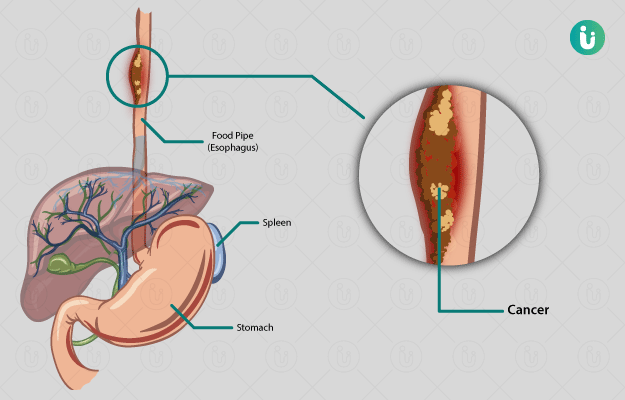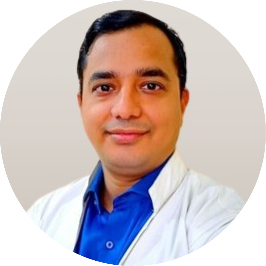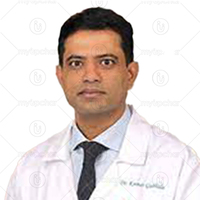Oesophageal cancer (oesophageal carcinoma) is one of the cancers of the digestive system. It is caused due to abnormal proliferation of the cells of the oesophageal tissue.
Symptoms of Oesophageal cancer often present in the later stages of the disease and, hence, the prognosis is poor as compared to other malignancies. Although not common, Oesophageal cancer is still ranked among the ten most common cancers and is the sixth most common cause of cancer deaths worldwide.

 Doctors for Esophageal Cancer
Doctors for Esophageal Cancer 












































